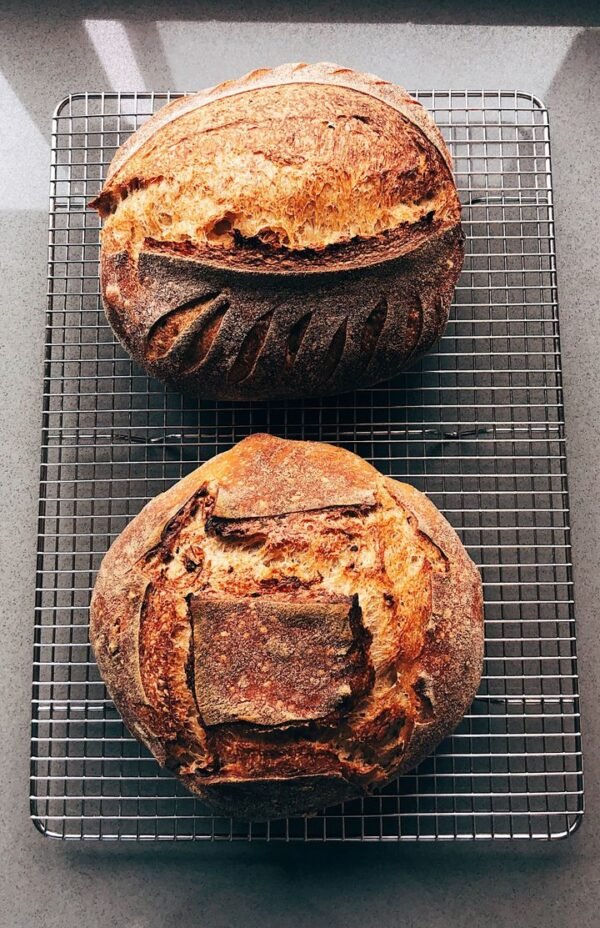
Digest Your Way to Younger Looking Skin

Our skin is one of the largest organs of the body and the only one we have ongoing sight of. It therefore provides a visible reflection of our health and age. Whilst some aspects of ageing are genetically predetermined (known as ‘intrinsic ageing’), other aspects (‘extrinsic ageing’) are modifiable by diet and lifestyle. Whilst many people are on the look-out for a magic lotion or potion to reverse the effects of time, what most don’t realise is that the key to ageing well isn’t just what you rub on your skin, but also the foods you do (and don’t) put in your mouth.
Consuming higher amounts of antioxidants has been shown to help prevent premature skin ageing. Whilst having a nutrient-poor diet high in sugar and processed foods are thought to have a pro-ageing effect. Eating a rainbow of different coloured fruits and vegetables every day and avoiding junk foods is therefore important. The below foods are also thought to be particularly beneficial when it comes to maintaining that youthful glow.
Vitamin C rich foods – The antioxidant properties of vitamin C and its role in collagen synthesis make it a vital nutrient for skin health. Lower vitamin C intake is associated with the prevalence of wrinkles, so fill your shopping basket with lots of vitamin C rich foods such as green and red peppers, strawberries, spinach, kiwi, parsley and citrus fruit.
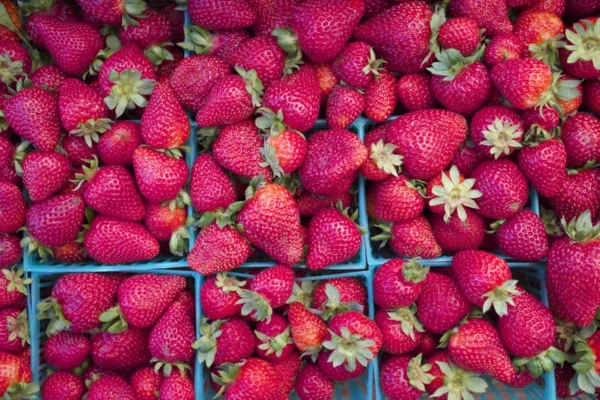
Essential Fatty Acids (EFAs) – The EFAs omega-6 and omega-3 play a crucial role in normal skin function and appearance. Omega 6 fats are found in high amounts in nuts and seeds whilst omega 3 fats are found in oily fish such as salmon, mackerel, sardines and anchovies. These EFAs are suggested to reduce inflammation and appear to help protect against sun damage.
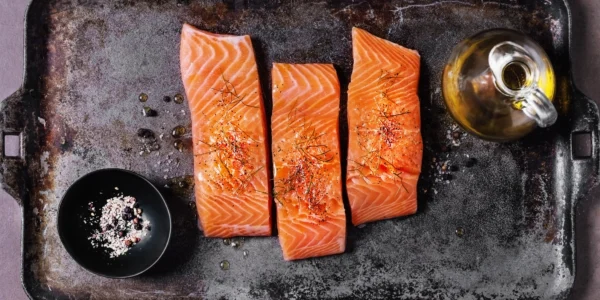
Green Tea – Green tea is a potent source of antioxidants and the polyphenols it contains have shown promise for reducing certain pro-ageing and pro-inflammatory compounds. Green tea also helps increase microcirculation, helping to deliver more nutrients to the skin.
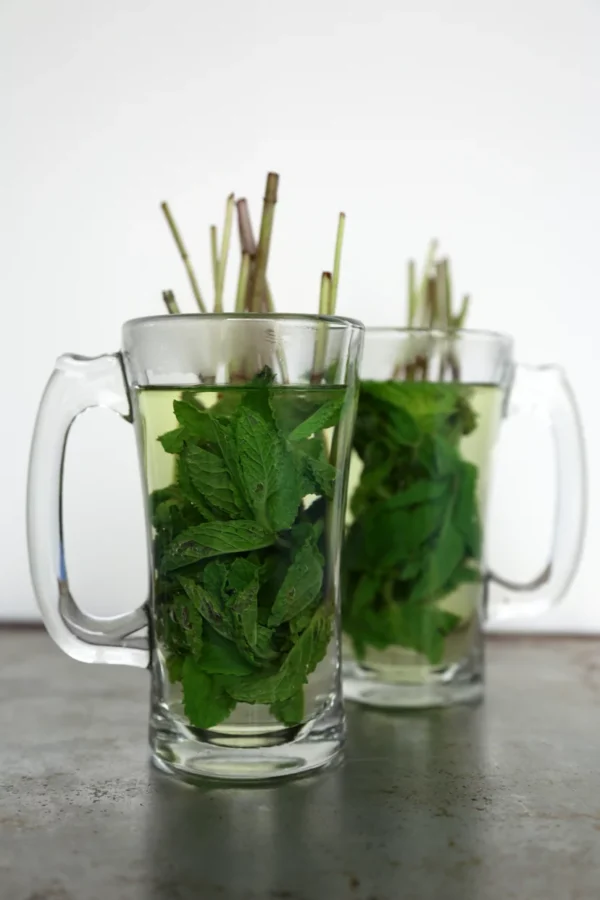
Hydrating foods and drinks –Dehydrated skin looks dull and feels tight, rough and sensitive, emphasising fine lines and other signs of ageing. Keep well hydrated by drinking 2 litres of water a day and snacking on naturally hydrating foods such as cucumber, watermelon, radishes, lettuce, celery, tomatoes, peppers and strawberries, all of which luckily grow in abundance in the summer when we need hydrating most.
Turmeric – Low grade inflammation is believed to substantially contribute to ageing. Curcumin, (the active compound in the spice turmeric) has powerful anti-inflammatory properties and evidence suggests that it may help stimulate skin cells’ antioxidant defences and increase glutathione levels, making it a potential anti-ageing food.
Orange and red fruit and veg – UV radiation from the sun is one of the biggest causes of premature skin ageing, so it’s important to be sun-safe, whilst still making sure you get adequate amounts of vitamin D. Beta-carotenes, found in high amounts in orange fruit and vegetables (and leafy greens) are thought to provide some level of protection against UV damage and the phytonutrient lycopene (found in red fruit and veg) may help reduce sunburn if you do happen to catch the sun.
Fermented foods – Traditionally fermented foods (such as kefir, sauerkraut, kimchi, live yoghurt, tofu and miso), contain high amounts of bacteria which are beneficial for the gut and immune system. Research is indicating that our gut bacteria are also important in the battle against wrinkles. Supporting the gut microbiome can be done by consuming traditionally fermented foods, or taking a live bacteria supplement (or both!). Evidence suggests that supplementing with beneficial bacteria may be helpful for improving skin hydration and protection against UV damage. One study found that after 12 weeks of supplementation, women had significant reductions in wrinkle depth, improved skin gloss elasticity.
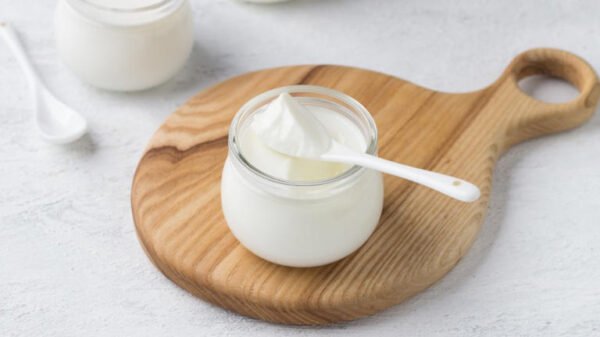
Bio-Kult Everyday from Great Britian’s No.1 Live bacteria supplement brand, Bio-Kult, can be taken any time of the day and doesn’t need to be refrigerated. It contains 14 different strains of beneficial bacteria, which have been proven to survive the high level of stomach acidity.
Writen by Kim Plaza, Senior Technical Advisor and Nutritional Therapist at Bio-Kult (www.bio-kult.com)











































